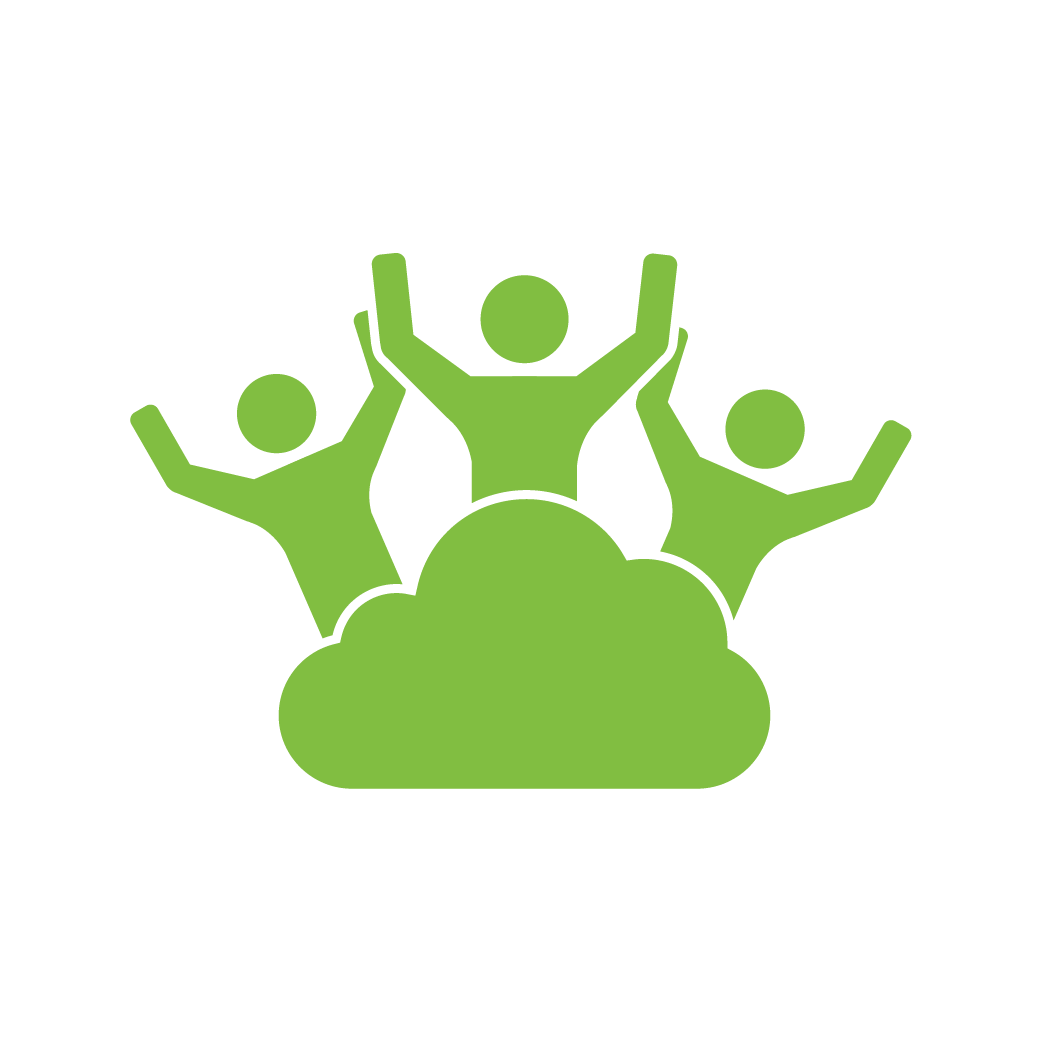
A sampling of the nonprofit organizations our volunteers
have helped make better decisions with their data:

The American Alpine Club works to support a united community of competent climbers and healthy climbing landscapes. They focus on being inclusive and fostering diversity across climber demographics. They are a membership-based organization providing benefits and services to members, grants, historical preservation, education, policy and advocacy.
Project Summary:
Their State of Climbing report aggregates and analyzes data that reflects American climbing leading up to 2018, with particular attention paid to changing demographics.
The American Alpine Club utilized Pro Bono Analytics volunteers to advise their staff about the importance of statistically relevant data and their ability to make assertions and/or draw conclusions from the data they had and/or were able to find.

Houston Methodist Hospital (HMH) Volunteer Services Department is responsible for providing engaged, well trained and resourceful volunteers who produce exemplary and meaningful service and support while demonstrating ICARE values to their patients, guests and the hospital they serve. HMH worked with a Pro Bono Analytics volunteers to better understand how to interact with existing and potential volunteers in three primary areas:
- Engagement – The list of volunteers contains a mixture of (a) people regularly volunteering for specific assignments, (b) people volunteering only once or twice, and (c) people never volunteering for a specific assignment. There are cases where volunteers receive training yet never sign up for an event. What are the reasons behind different levels of engagement?
- Communication – HMH uses a variety of methods to advertise specific volunteering opportunities. These include email, website postings, social media, etc. However HMH, currently does not utilize text messaging as an avenue for communication. How effective will text outreach be in communicating with volunteer? Which methods are most effective, and how does this differ by demographic?
- Branding – Although HMH is a well-known and respected organization, it still must compete with other international, national and local non-profits for volunteer time. What methods are most effective for encouraging volunteers to sign up?
CHECK OUT OUR WRITE-UP FOR THIS
AWARD-WINNING PROJECT: https://pubsonline.informs.org/do/10.1287/LYTX.2019.04.18n/full/

ARTS EVERY DAY (www.artseveryday.org) works with Baltimore City Public Schools and a network of arts organizations to improve equitable access to arts education. The organization was born out of the Ford Foundation’s Arts Integration and Education Reform Initiative in 2005 and officially became the non-profit Arts Every Day in 2007. Their goal is to encourage creativity in education through participation in the arts, and their strategic goal is for all students in Baltimore City Public Schools to participate in courses on visual arts and music.
Arts Every Day wanted Pro Bono Analytics volunteer help to develop an analysis of their available data and to assist in producing reports on the state of the arts in Baltimore City Public Schools. Our volunteers were able to create two reports: one report to review the status across all schools, and the other report generated for each school. These reports are open to the public, so that students, parents, and schools have an informed perspective on participation in the arts at the various public schools in the district.
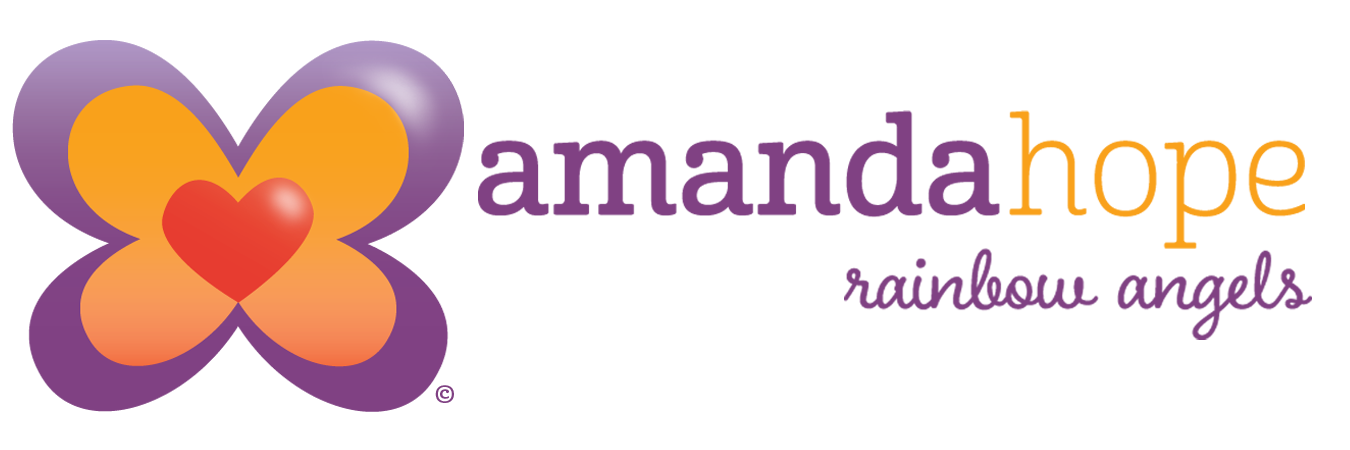
Amanda Hope Rainbow Angels is an organization focused on bringing dignity and comfort into the harsh world of childhood cancer and other life-threatening diseases. They address the "here and now" of the whole family and support them throughout their battle with cancer. They provide fun t-shirts and clothing, teach families to have a voice, provide financial assistance to families, train health-care professionals to offer Family Centered Care, and provide behavioral health counseling to the patients and their families.
They wanted to be able to be able to communicate their data more effectively with grant funders, donors, stakeholders, and the community. Our volunteers were able to help identify goals to consolidate all of the organization data into a cloud data-warehouse, automate reporting, ensure accuracy, and eliminate data silos. Specifically, they:
- Developed the metrics that best convey the impact and value of the services they offer to grant funders, donors, stakeholders, and the community.
- Identified the data need to analyze and develop the metrics. Enhanced data currently being collected and identified what other data should be collected and how.
- Developed surveys and procedures to collect the data.
- Developed the tools to input and analyze the metrics translating them to meaningful information in a way that is easy to understand.
- Created a system that is sustainable, simple to operate, and able to grow with the organization.
- Created a user instruction sheet at a level easily understandable by the lay person.

Big Brothers Big Sisters (BBBS) of Central Arizona (https://www.bbbsaz.org/) matches volunteer adults (Bigs) with youth (Littles) that need mentors. They had recently implemented a Big Futures Program to help high school students improve their education, career options, and life enrichment.
The Big Futures mentoring program is designed to facilitate guidance between Bigs and Littles to help prepare for adulthood, the workforce, financial security, and independence. Through their Bigs and the BBBSAZ staff, Littles will be encouraged to stay focused on their academic and professional success. Big Futures programming provides enhanced training and support to matches that are focused on the student’s graduation from high school and progression into college, military and/or career. Participating matches receive resources and networking opportunities that provide guidance on college admission, financial aid and scholarships, as well as information about careers and workforce development opportunities, financial literacy, military service, and professional and technical training programs. Littles will also participate in group or cohort events quarterly, including college tours, career nights, resume writing, interviewing skills training, and leadership academies. Parents of the students and mentors will be provided with resources and education on how to best support the youth in college and career readiness. Most importantly, Bigs provide much needed mentorship, as Littles navigate opportunities that could positively shape their lives. For some, this could mean preparing for, and passing, their high school equivalency exam and enrolling in community college or a four-year college.
BBBS of Central Arizona wanted to use participant surveys to assess their Big Futures Program. The main purpose of the surveys was to enable reporting of impact to stakeholders. The organization has example surveys from the national BBBS and other regional BBBS nonprofits and they wanted a Pro Bono Analytics volunteer to help create the survey. Our volunteer was able to assist in development of the survey instrument, including consideration of a pre-test and post-test survey structure, advise on database tools for storing and handling survey data, and help develop a data analysis procedure to enable reporting impact and training staff to independently conduct data analysis.
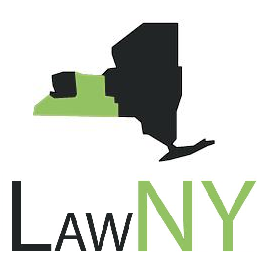
LawNY: Legal Assistance for Western New York – LawNY is a nonprofit legal firm that provides access to the justice system for low-income people and other vulnerable populations who have civil legal problems. In 2015, the firm closed 8,877 cases benefiting 18,246 people across Western New York. LawNY sought analytics help in developing a business process map of the intake system used in its seven offices, analyzing where barriers exist, and making recommendations for improvements. Their ultimate goal was to improve the intake system so it works as efficiently and effectively as possible for its clients, intake workers and advocates.
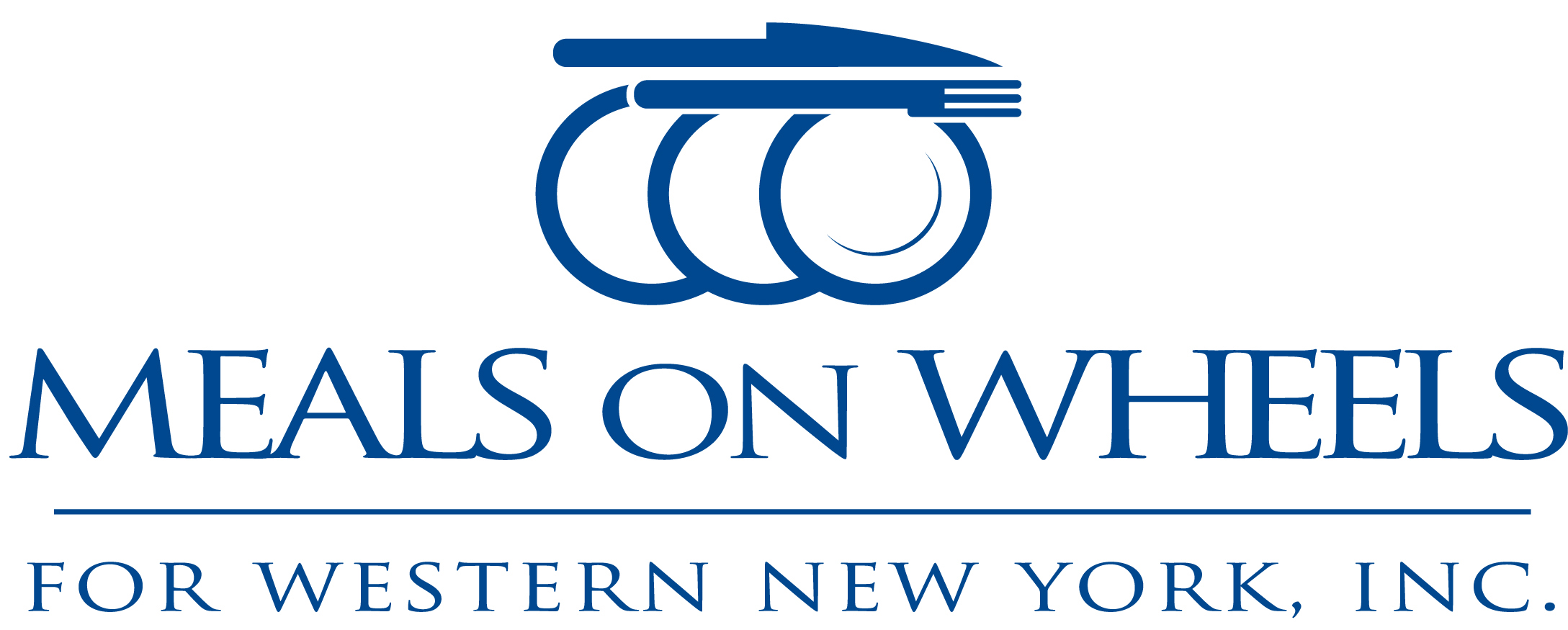
Meals on Wheels for Western New York is an essential program that delivers meals to members of the community who need it most. Their mission is to enrich lives and promote independent healthy living by offering nutritious foods and a friendly visit. Our volunteers helped them improve their processes for distributing meals, as well as improving storage and efficient utilization of warehouse space.
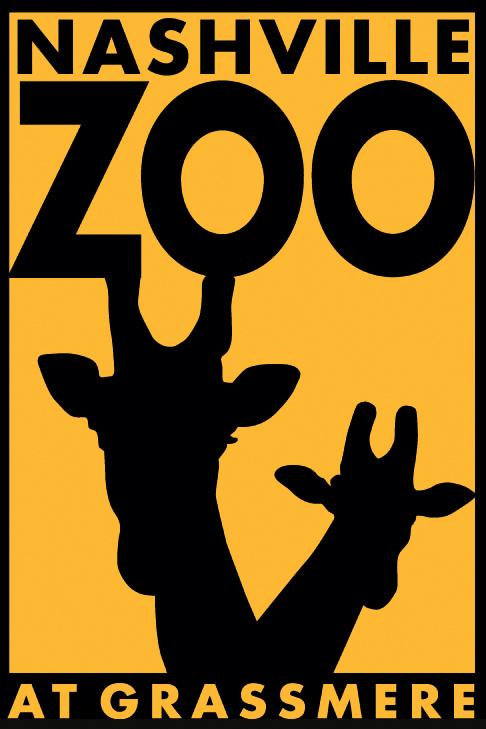
Nashville Zoo is a progressive and dynamic zoological park serving Middle Tennessee, southern Kentucky, and hundreds of thousands of tourists who travel to Nashville every year. The zoo’s Education Department was working on a comprehensive evaluation methodology for all their programs to measure knowledge, attitude, and behavioral change among participants. The zoo developed a uniform approach to evaluation and has tested several methods with the biggest hurdle being quantifying the results. They rely on Survey Monkey for basic data management, and wanted volunteers help in improving the data analysis and their overall program evaluation process. Our volunteer was able to pull all department surveys into Tableau to generate regular reports on program effectiveness that will help the zoo make strategic decisions about improving programs and also provide information to funders. They are thrilled with their new dashboards and central data storage location.
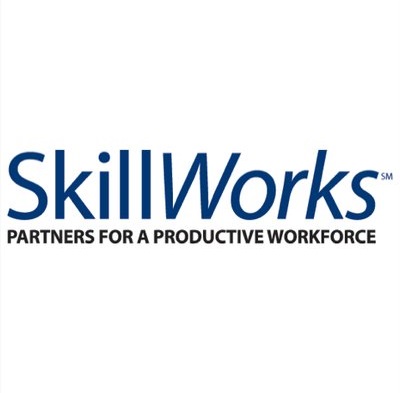
SkillWorks at The Boston Foundation is a multi-phase initiative that began as a $25 million public/private partnership in the Boston area designed to meet worker and business needs while developing pathways out of poverty in an economy where growth is for middle to high-skill jobs, while a large percentage of the workforce is unprepared for those jobs. The initial engagement focused primarily on understanding Skillworks' data, formulating and investigating options for storing this data and for automating production of performance metrics that are consistent with the organization's budget, and, finally, helping SkillWorks put together a more comprehensive plan for moving forward in meeting its strategic objectives as a more analytic and data savvy organization.

St. Mary’s Food Bank, America's first food bank, has just celebrated its 50 year anniversary. Serving 250,000 meals per day, it is truly a community-based organization. Individual donors, corporate donors, and private grants help feed hungry individuals and families. St. Mary's Food Bank serves two-thirds of Arizona’s 15 counties, they are committed to volunteerism, building community relationships and improving the quality of life for Arizonans in need.
At the 2018 INFORMS Annual Meeting, INFORMS members and conference sponsors donated nearly $11,000 through donation matching with the help of an anonymous donor to purchase the supplies for snack packs to be distributed on the street Phoenix's homeless population. Throughout the four-day Annual Meeting, attendees from around the world, INFORMS and St. Mary’s Food Bank leadership, and representatives from the INFORMS Pro Bono Analytics program volunteered their time to help with the assembly of the kits. These kits contained items ranging from beef jerky to peanut butter and trail mix.
Over 1,000 kits totaling 1,002 lbs. of food were presented to St. Mary’s Food Bank to be shared with Phoenix’s homeless men, women, and children.
"I want to take a moment to thank you for all you did to make the Give Back volunteer project so successful. The INFORMS pick-up from the Phoenix Convention Center weighed in at 1,002 pounds! That’s huge!"

Friends Life Community is an organization dedicated to offering skill-building to adults with intellectual and developmental disabilities to decrease dependency, improve socialization, and increase community inclusion. They provide day programs that include art classes, life skills classes, community outings, volunteer work in the community, social clubs, and one-on-one coaching services.
They were seeking volunteer help to provide observation and analytics to help refine their data selection and reporting in an effort to improve communication around mission impact. They want to accurately showcase the progress of clients to their clients and the clients’ families and be able to make data-driven decisions about programming. They wanted to use their data to inform donors of progress in a way that helps them understand the impact they are making with their funding. Our volunteers were able to critically examine their data and provide recommendations for improving organization goals and building our various classes in their program area system. They volunteers then assisted with testing their feedback and Friends Life Community is excited to have new systems in place.
"Thank you for your continued patience with us, as we designed this system. We really appreciate your involvement in the project."
 John Jay College of Criminal Justice was seeking volunteer analytics support to conduct a comprehensive review of the College’s academic and support programs for students, including examination of student outcomes disaggregated by race, sex, income, and other factors. Our volunteers conducted an analysis that included support in creating a process that will be used by the College in the future, and in creating data visualizations of the analysis in order to make the data accessible and understandable to internal and external audiences. Results of this analysis included:
John Jay College of Criminal Justice was seeking volunteer analytics support to conduct a comprehensive review of the College’s academic and support programs for students, including examination of student outcomes disaggregated by race, sex, income, and other factors. Our volunteers conducted an analysis that included support in creating a process that will be used by the College in the future, and in creating data visualizations of the analysis in order to make the data accessible and understandable to internal and external audiences. Results of this analysis included:
- identifying any hidden access or outcome gaps by race, sex, income, and other factors;
- increasing our understanding of – and testing our assumptions about – challenges and risk factors facing John Jay students;
- facilitating problem-solving to address identified challenges in order to achieve dramatic gains in success outcomes for all students; and
- launching a campus-wide improvement effort grounded in data and focused on increasing student success rates.
The data analysis and visualizations will support John Jay’s critical fundraising goals by helping John Jay tell the story of its students and their successes and challenges to potential donors.
"Thank you again for all of your help with this project and to you and Miles for connecting us with such an incredible volunteer team."
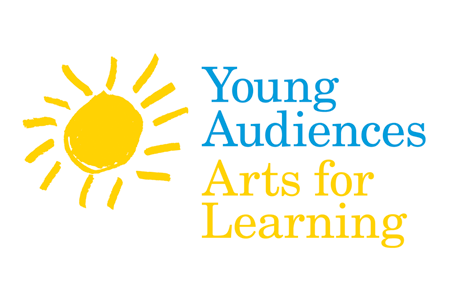
Young Audiences of NJ & Eastern PA (YA NJ/EP) inspires young people to expand their learning through the arts. They do this by bringing arts experiences by professional teaching artists directly to students; making the arts accessible regardless of socioeconomic background, geographic area, and ability. YA NJ/EP wanted to work with a volunteer expert in decision analysis to help determine whether they should continue to host Dazzle, a large-scale annual fundraising event. Dazzle, a “Dancing with the Stars” type event involving donors and other supporters, raises general operating funds needed for running the organization. Our volunteers helped them collect the data, complete with a formal presentation to their board, to evaluate this decision to the best of their abilities and critically assess its impact on their mission.

Schizophrenia and Related Disorders Alliance of America (SARDAA) is dedicated to improving the lives of people affected by schizophrenia-related brain illnesses through support programs, education, collaboration and advocacy. SARDAA was looking for help in reviewing their Salesforce data and then creating a plan for moving forward. Our volunteers were able to investigate options for potentially expanding but more importantly using this data to benefit the organization by improving operational performance and supporting decision-making. They helped to construct dashboards for better visualization and communication tools for sharing this information with managers and leaders within SARDAA.

Meals on Wheels for Western New York is an essential program that delivers meals to members of the community who need it most. Their mission is to enrich lives and promote independent healthy living by offering nutritious foods and a friendly visit. Our volunteers worked to help them improve their processes for purchasing, producing, and transporting food in addition to overhauling their existing data. They are working to improve deliveries, improving process efficiency, and to optimally design a menu.

Star of Hope Mission is dedicated to meeting the needs of Houston’s homeless men, women, and children and was the 2017 INFORMS Annual Meeting Micro-Volunteering Partner Organization. The INFORMS conference community, corporate donors, and the Marriott Marquis Houston donated over $7,000 and supplies to build 1,000 much needed toiletry and personal hygiene kits to be distributed to the homeless population of Houston. Throughout the four-day Annual Meeting, attendees from around the world, INFORMS and Star of Hope leadership, and representatives from the INFORMS Pro Bono Analytics program, volunteered their time to help with the assembly of the kits. These kits contained items ranging from toothpaste and soap to socks and feminine hygiene products.

Center in the Park (CIP), located in Philadelphia, is a senior community center that has gained local and national recognition for successful implementation of a "wellness center" model of programming. When you walk into the Center, you won't see "seniors" watching television – instead older adults will be Skyping in the "digital aging mastery program" or exercising in the "enhance fitness" class. Our volunteers are helping CIP to better measure the value of their health promotion and evidence-based programs by determining the benefit/cost.

Family Service of Greater Boston (FSGB) has focused on improving the lives of at-risk urban children, youth and their families since 1835. They currently provide services through three main programs: an outpatient mental health clinic, in-home therapy team, and a residential program for teens. FSGB asked for analytics help in developing a data management strategy that can standardize data collection, better coordinate care across programs, and better serve their clients.
"Offered an excellent and professional approach to our statistical and data challenges. Working with Deborah was absolutely wonderful."
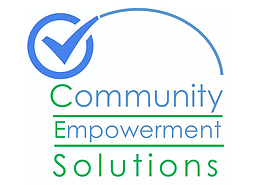
Community Empowerment Solutions empowers community members in countries like the Dominican Republic, Haiti, Guatemala, and Nicaragua to implement high social impact technologies that address education, economic, energy and health challenges. CE Solutions had designed a survey to assess the outcomes of their program. The Pro Bono Analytics volunteers are helping them review the survey design, ensure that it meets best practices, and that it asks questions that will yield accurate and useful data for assessing their program.
"I've enjoyed working with [your volunteers] Ela and friends and getting to know Miriam as well, Thanks for supporting this opportunity!"

Safe Haven Family Shelter helps families move from the street to the shelter and then on to a permanent housing. 2016 INFORMS Annual Meeting attendees stopped by the Pro Bono Analytics table in the INFORMS Center to create cards of encouragement for Safe Haven families and learn more about the program.
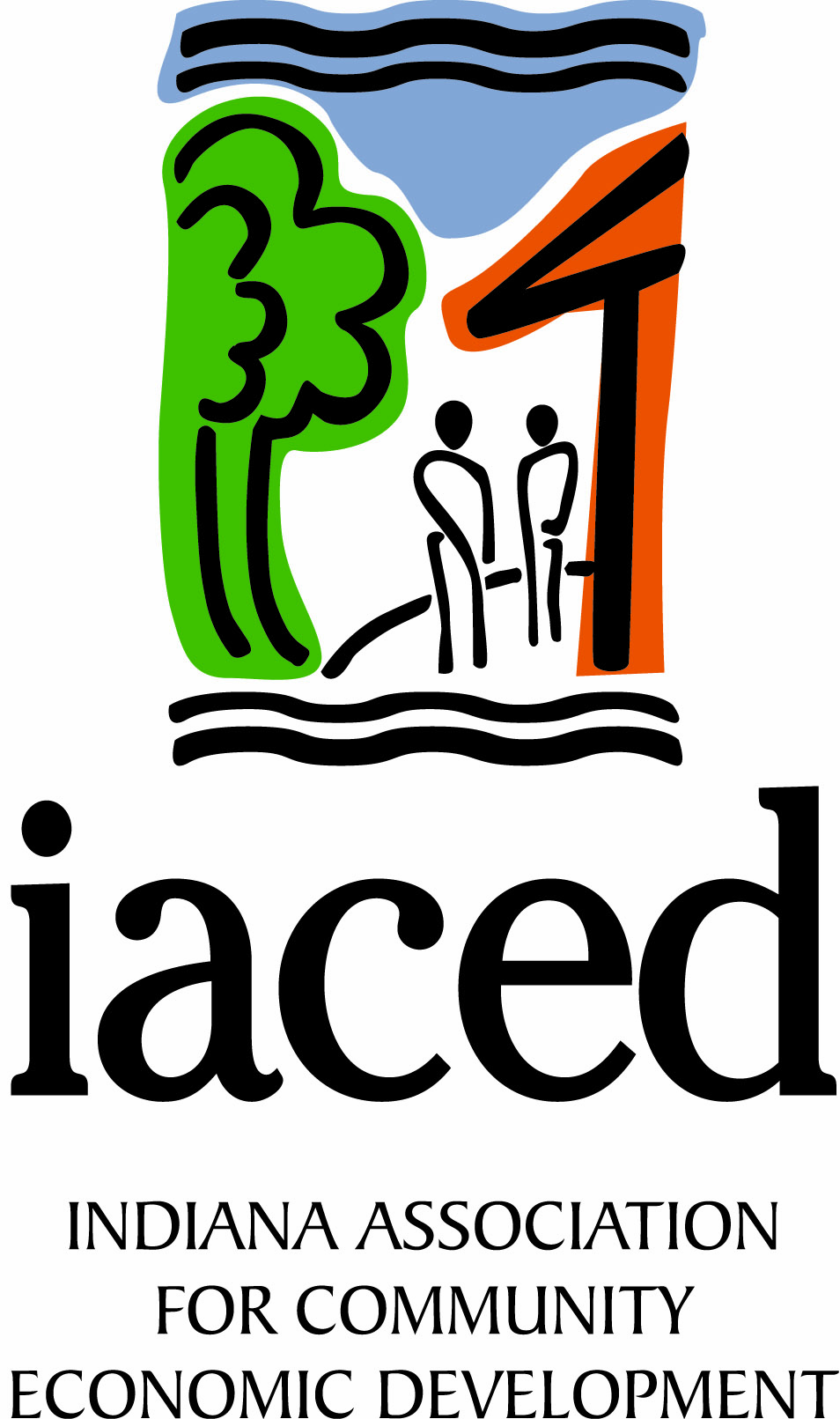
Indiana Association for Community Economic Development (IACED) is an intermediary agency, working with local communities and regional, state, and national stakeholders around economic development. The Pro Bono Analytics volunteer is helping them design a common outcome framework that will assist Indiana-based nonprofits to report, track, and measure performance outcomes.
 The Teachers Desk is a store where teachers shop for FREE books, school supplies, and teacher resources for students in their classrooms - its mission is to distribute school supplies to students in need, to encourage teachers, and to provide purpose through volunteerism. Our volunteers helped them evaluate the best way to utilize storage in their warehouse space and implement a system for future quality control.
The Teachers Desk is a store where teachers shop for FREE books, school supplies, and teacher resources for students in their classrooms - its mission is to distribute school supplies to students in need, to encourage teachers, and to provide purpose through volunteerism. Our volunteers helped them evaluate the best way to utilize storage in their warehouse space and implement a system for future quality control.
"The Pro Bono team has taken our organizational dreams for the warehouse of Teacher's Desk and made them a reality."
- John Mika, Director